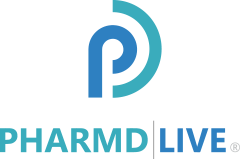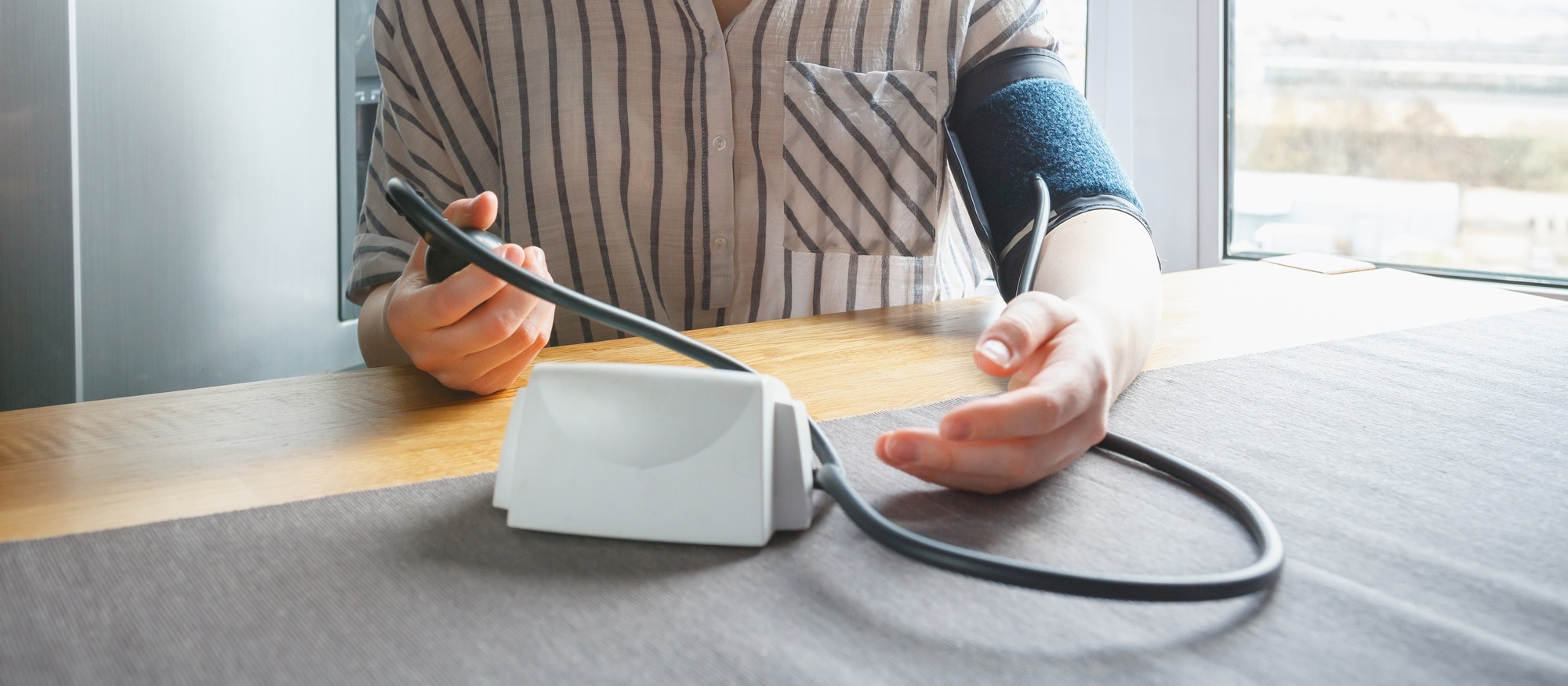As healthcare shifts toward value-based care, medication reconciliation has become a critical focus for reducing costs and improving patient outcomes. Discrepancies in medication regimens, particularly during care transitions like hospital discharge, are a leading cause of adverse drug events (ADEs). These preventable issues result in significant financial burdens on healthcare systems while compromising patient safety and care quality.
PharmD Live’s team of Pharmacist Care Managers (PCMs) leads this virtual care model to effectively address these challenges head-on, providing cost-effective solutions that mitigate medication-related risks, enhance patient outcomes and optimize financial performance for providers.
Medication Discrepancies Drive Costs and Complications
Medication discrepancies occur frequently during transitions of care, such as hospital discharge, when patient medication regimens are often disrupted or changed. These errors can lead to ADEs, unnecessary re-hospitalizations, and emergency department (ED) visits. The statistics are staggering:
- More than 50% of hospitalized patients experience at least one medication discrepancy after discharge.
- Preventable ADEs account for approximately 4% of post-discharge rehospitalizations, costing an average of $472 per patient in direct healthcare expenses.
- A lack of timely and accurate medication reconciliation at discharge can result in 509 medication discrepancies per 10,000 patients in the first 30 days post-discharge, further straining resources.
Despite these risks, many healthcare providers struggle to implement effective medication reconciliation processes, leaving gaps that drive up costs and worsen patient outcomes.
Addressing Medication Discrepancies Through Reconciliation
Medication reconciliation is a systematic process in which healthcare providers verify, update, and ensure the appropriateness of a patient’s medication list during care transitions—such as hospital admissions, discharges, or transfers between healthcare settings. Pharmacist-led medication reconciliation at hospital discharge has been proven to reduce medication discrepancies and prevent ADEs.
Key benefits include:
- Cost Savings: Studies show that pharmacist-led medication reconciliation can reduce the cost of preventable ADEs by 52%, lowering overall costs to $266 per patient, a net benefit of $206 per patient after accounting for intervention expenses.
- Fewer Hospital Readmissions: Effective reconciliation reduces ADE-related rehospitalizations by half, from 421 to 199 per 10,000 patients, alleviating the financial penalties tied to hospital readmissions.
- Improved Patient Outcomes: By addressing medication discrepancies, reconciliation enhances patient safety, adherence and long-term health outcomes.
Implementing effective medication reconciliation requires the right blend of expertise, resources, and advanced technology—areas where PharmD Live leads with innovation and proven solutions.
PharmD Live’s Solutions: Transforming Medication Reconciliation into Savings
PharmD Live integrates virtual clinical pharmacist-led care with predictive analytics to provide scalable, cost-effective medication reconciliation solutions. Here’s how:
1. Comprehensive Medication Management
PharmD Live’s PCMs ensure that every patient’s medication list is accurate and complete during critical care transitions. Key features include:
- Medication Therapy Management (MTM): Identifying discrepancies, optimizing regimens and educating patients on proper medication use.
- Proactive Follow-Up: Ensuring adherence and addressing potential risks before complications arise.
2. Technology-Enabled Efficiency
PharmD Live employs AI-driven predictive analytics and telehealth platforms to streamline medication reconciliation processes:
- Risk Identification: Targeting high-risk patients who are most likely to experience medication discrepancies and ADEs.
- Patient Portals: Providing accessible resources, health records and real-time communication to foster engagement and adherence.
3. Cost-Effective Care Delivery
PharmD Live combines clinical pharmacist expertise with technology to maximize value:
- Efficient Workflows: Leveraging pharmacy technicians for routine tasks under pharmacist supervision, reducing intervention costs.
- Value-Based Care Optimization: Lowering readmission rates and enhancing performance in CMS quality measures such as MIPS, ACO and Medicare Part D Star Ratings.
Realizing the Value of Medication Reconciliation
Medication reconciliation is no longer optional for providers navigating value-based care models—it is a strategic necessity. By addressing medication discrepancies and preventing ADEs, providers can significantly reduce costs, improve patient outcomes and boost financial performance.
PharmD Live empowers providers to achieve these goals with its clinical pharmacist-led telehealth solutions. By combining expert care, predictive technology and proven processes, PharmD Live ensures that medication reconciliation becomes a seamless part of care delivery—driving better outcomes for patients and cost savings for healthcare systems.
Contact us today to learn how our solutions can reduce costs, improve outcomes and help your practice thrive under value-based care models.








